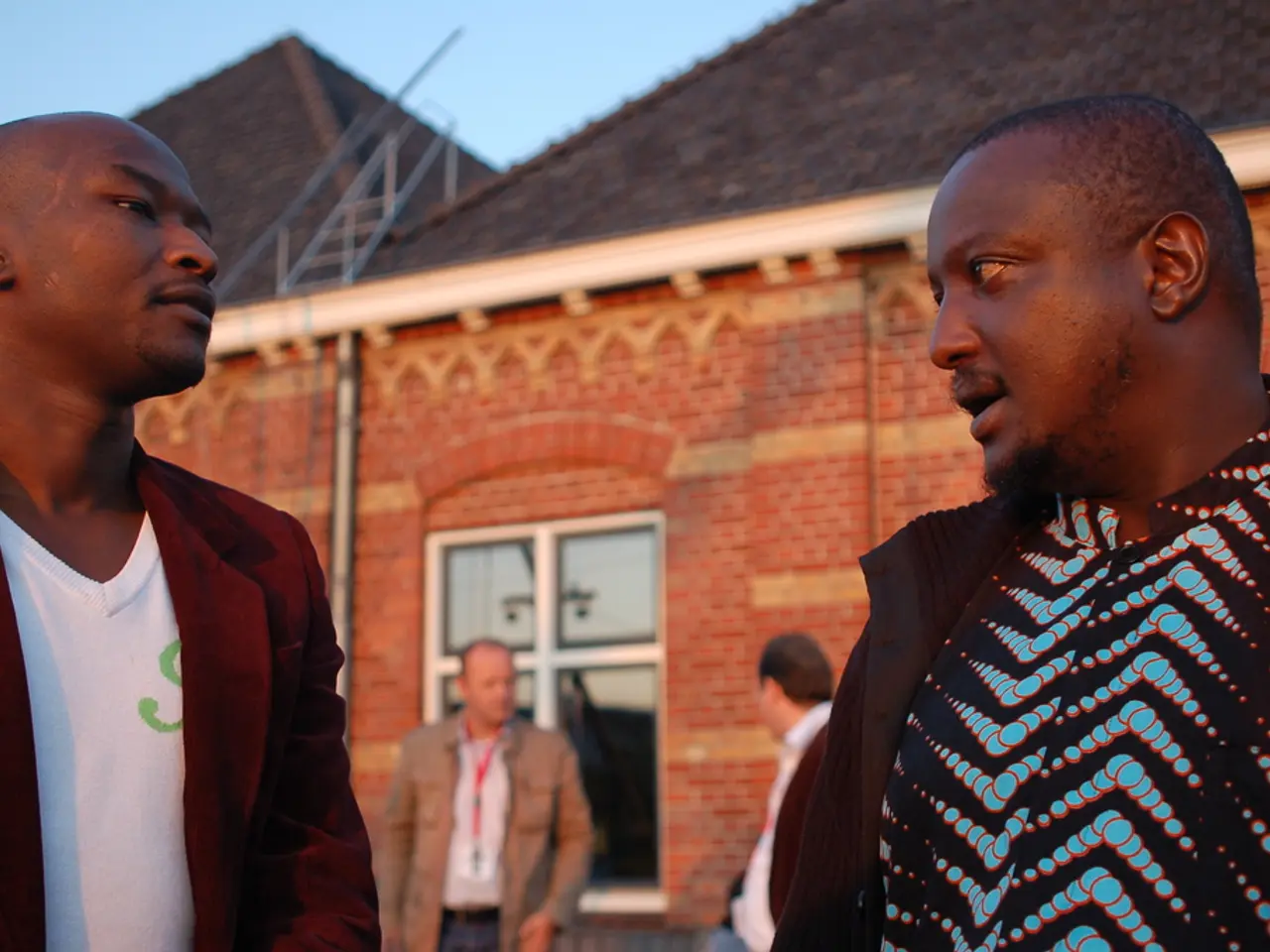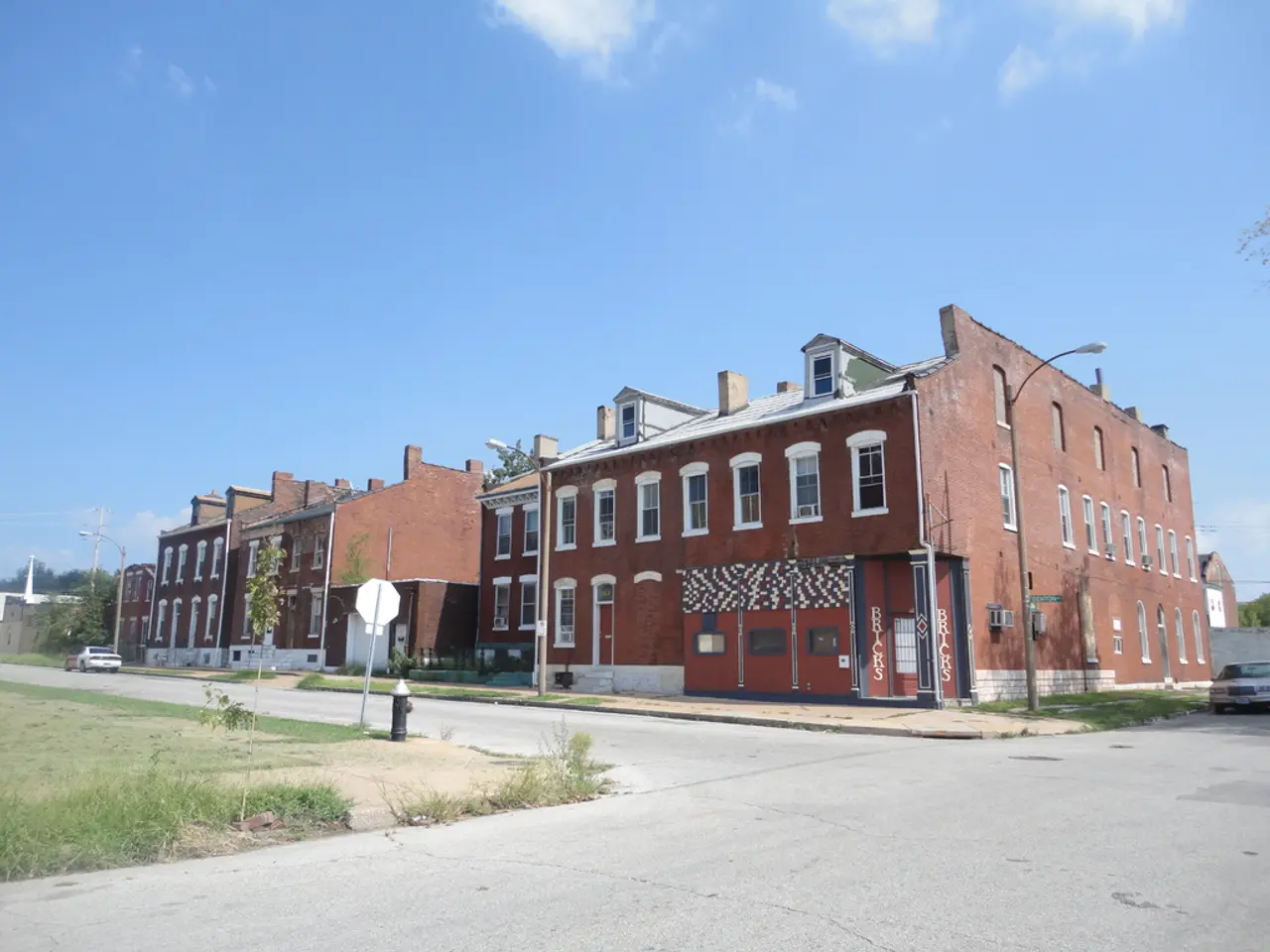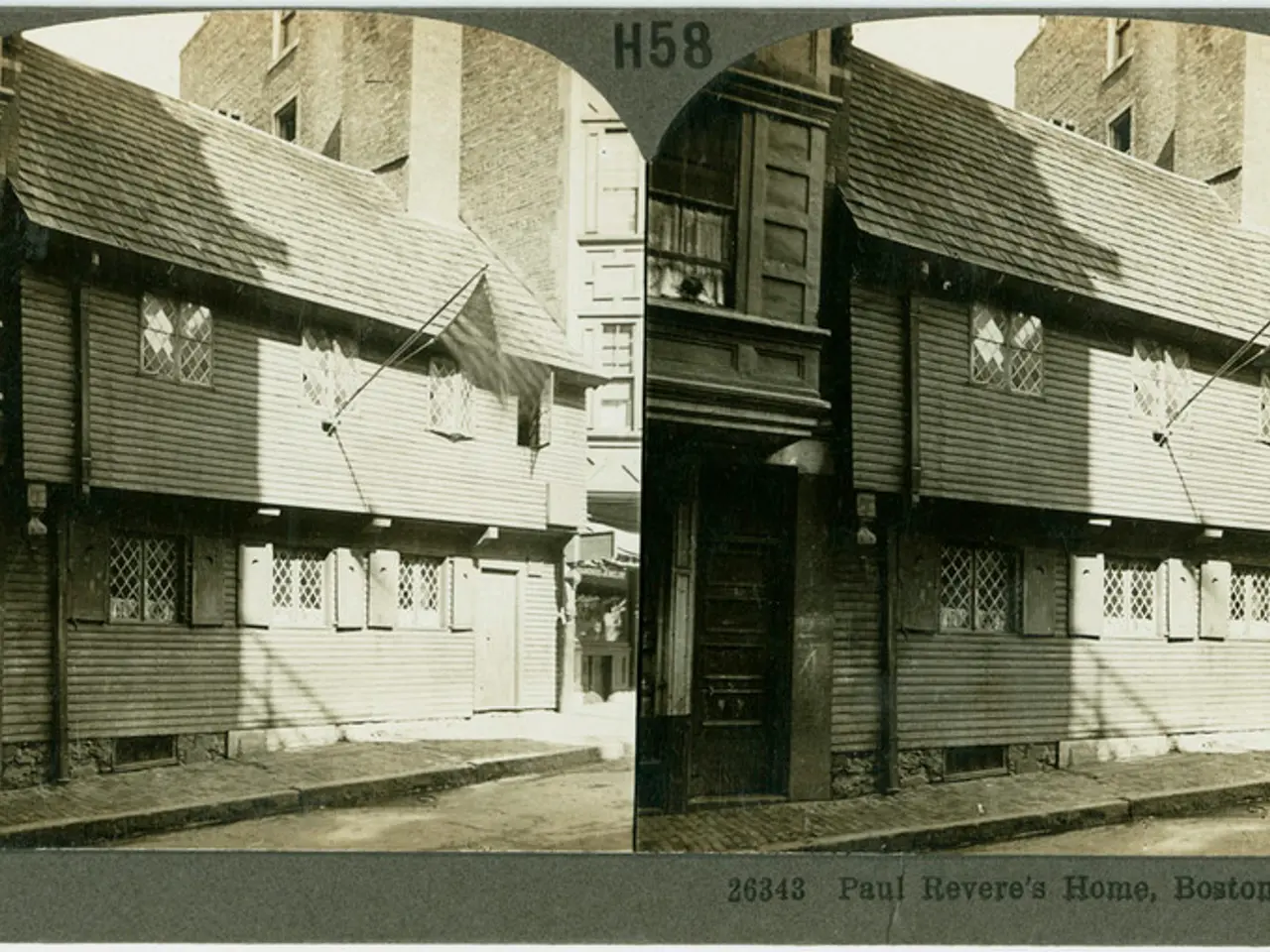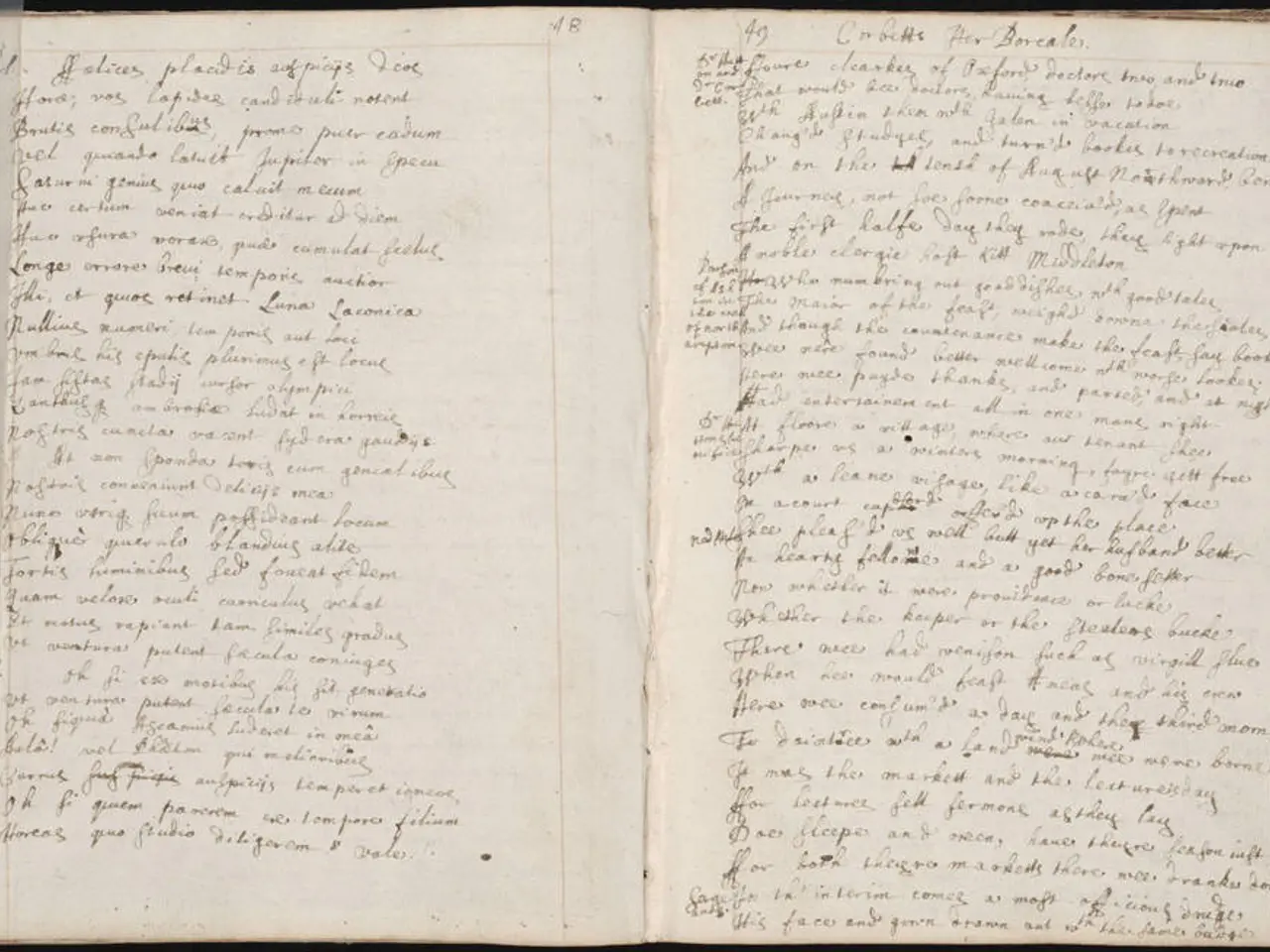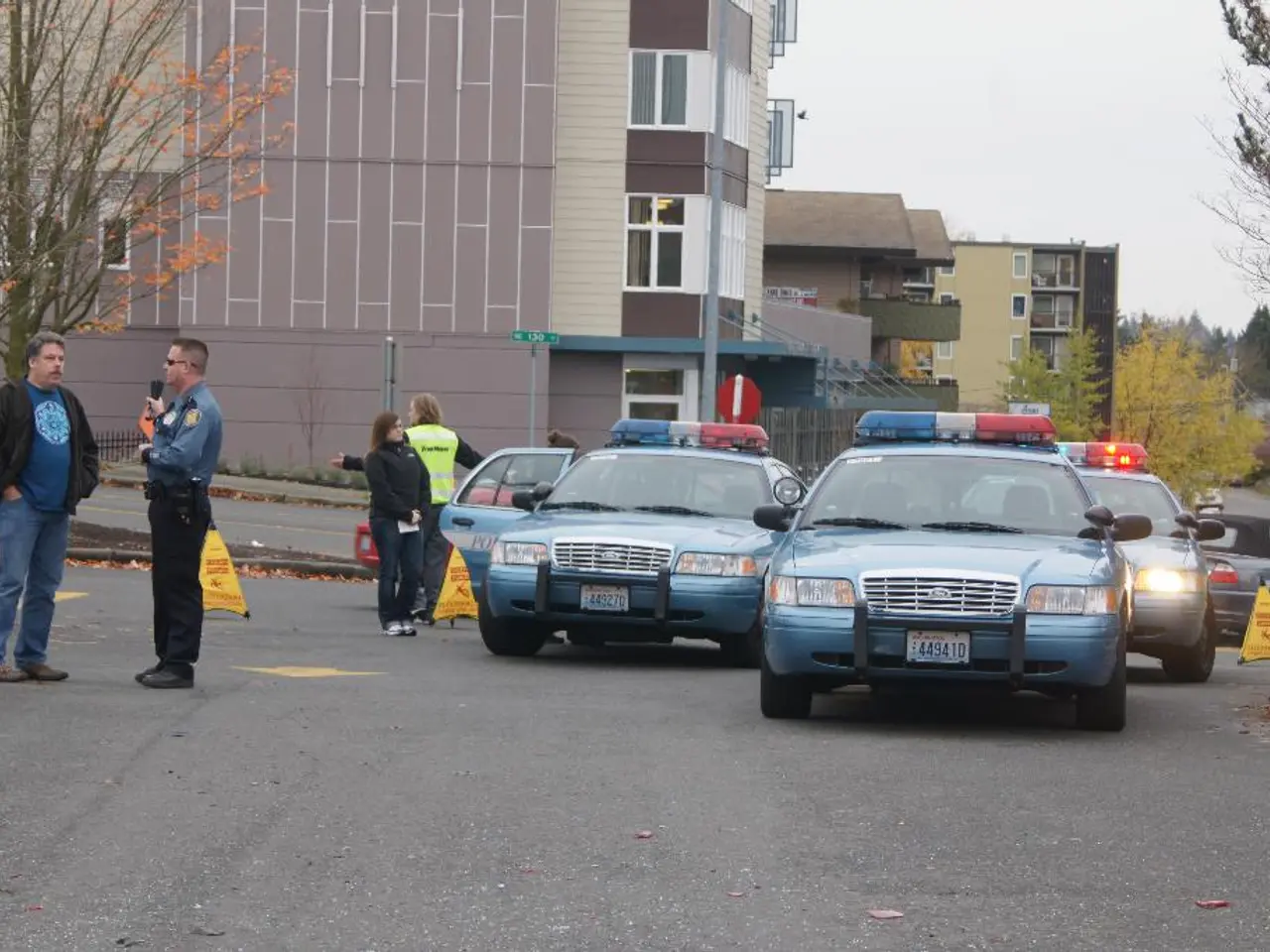Clan Isahakia seeks official recognition from the state, citing decades of neglect and oppression.
The Isahakia clan, a significant part of the Somali community, is seeking formal recognition from the Kenyan government to address decades of marginalization and secure their place in Kenyan society. The clan's ancestors arrived in Kenya in the 1880s, contributing to the country's development and even playing a role in the struggle for Kenya's independence.
However, despite this long-standing presence and contribution, the Isahakia clan remains unofficially recognized as a distinct community, perpetuating their marginalization. This lack of formal recognition has led to numerous challenges, particularly in the areas of land ownership, education, and economic opportunities.
Many members of the Isahakia clan are currently living as squatters due to years of exclusion and unresolved land disputes. The lack of formal land titles and security has left them vulnerable and economically disadvantaged. The eviction of families from ancestral lands in Naivasha and other areas has further stalled their progress and denied opportunities enjoyed by other Kenyans.
The marginalization has also extended to limited access to educational opportunities. This has affected the clan's ability to advance socially and economically. The lack of recognition and land rights has curtailed their participation and growth in the local economy, leaving many economically disadvantaged.
In a bid to preserve their elders' legacy and push for national inclusion and justice, a documentary on the history of the Isahakia was launched during a dinner event in Nairobi. The event aimed to shed light on the clan's historical ties to Kenya and the challenges they face. The Isahakia clan leaders spoke during the event, pressing for formal Kenyan citizenship recognition and official recognition as a community.
Such recognition would affirm their status and help address the challenges they face. It would provide them with land titles, ensuring security and stability, and equal access to services and opportunities, thereby promoting economic inclusion.
The Isahakia community's leaders are hopeful that their push for recognition will lead to a brighter future, one where they can enjoy the same rights and opportunities as other Kenyans. Addressing these barriers would require government action to acknowledge their legitimacy, provide land titles, and ensure equal access to services and opportunities.
The Isahakia clan's lack of formal recognition as a community impedes their progress in crucial sectors like land ownership, education, and business opportunities, causing economic disadvantage. Achieving official recognition would secure their land titles for stability, provide equal access to services, and foster economic inclusion, aligning with the general news of promoting social justice and equity in politics.
